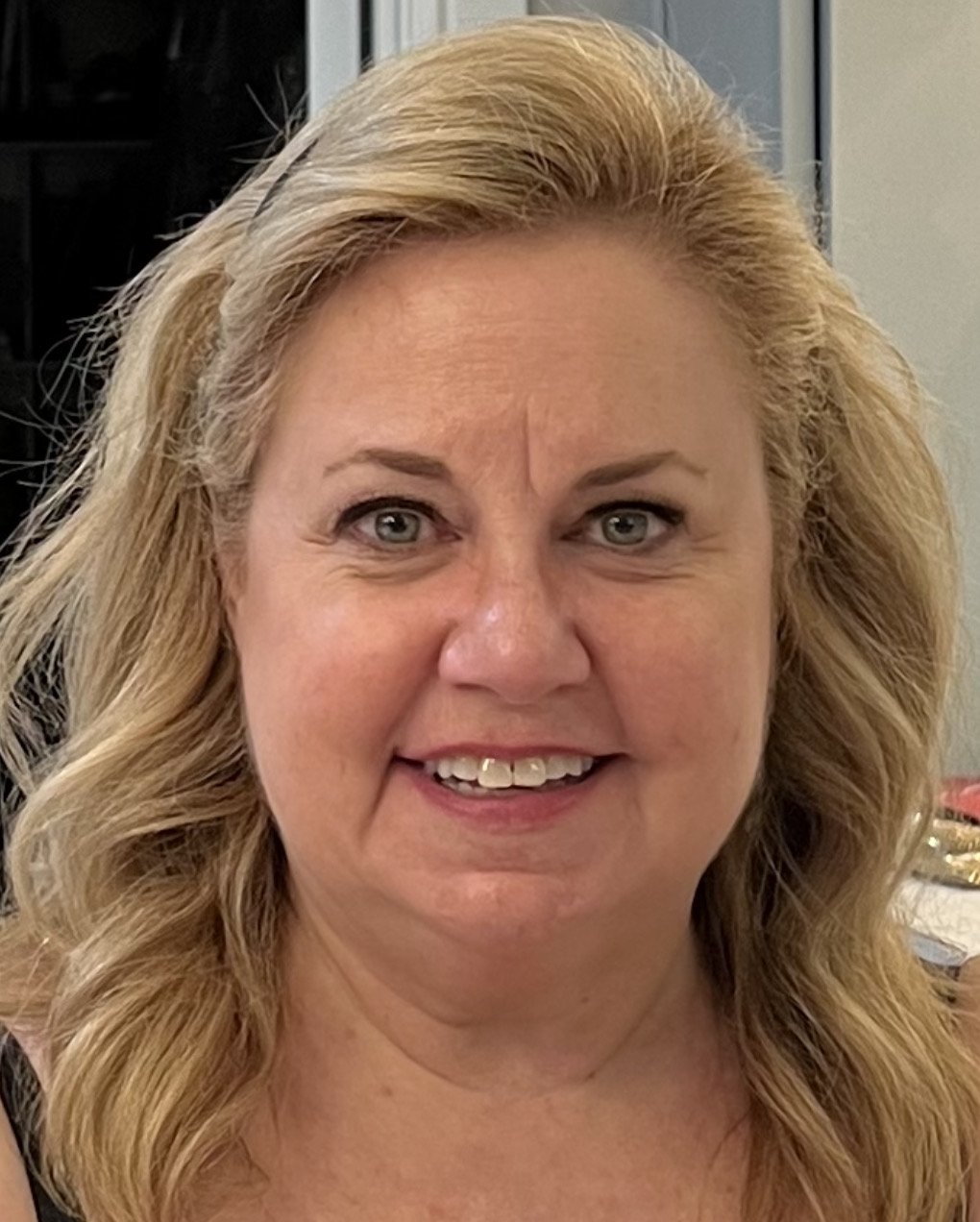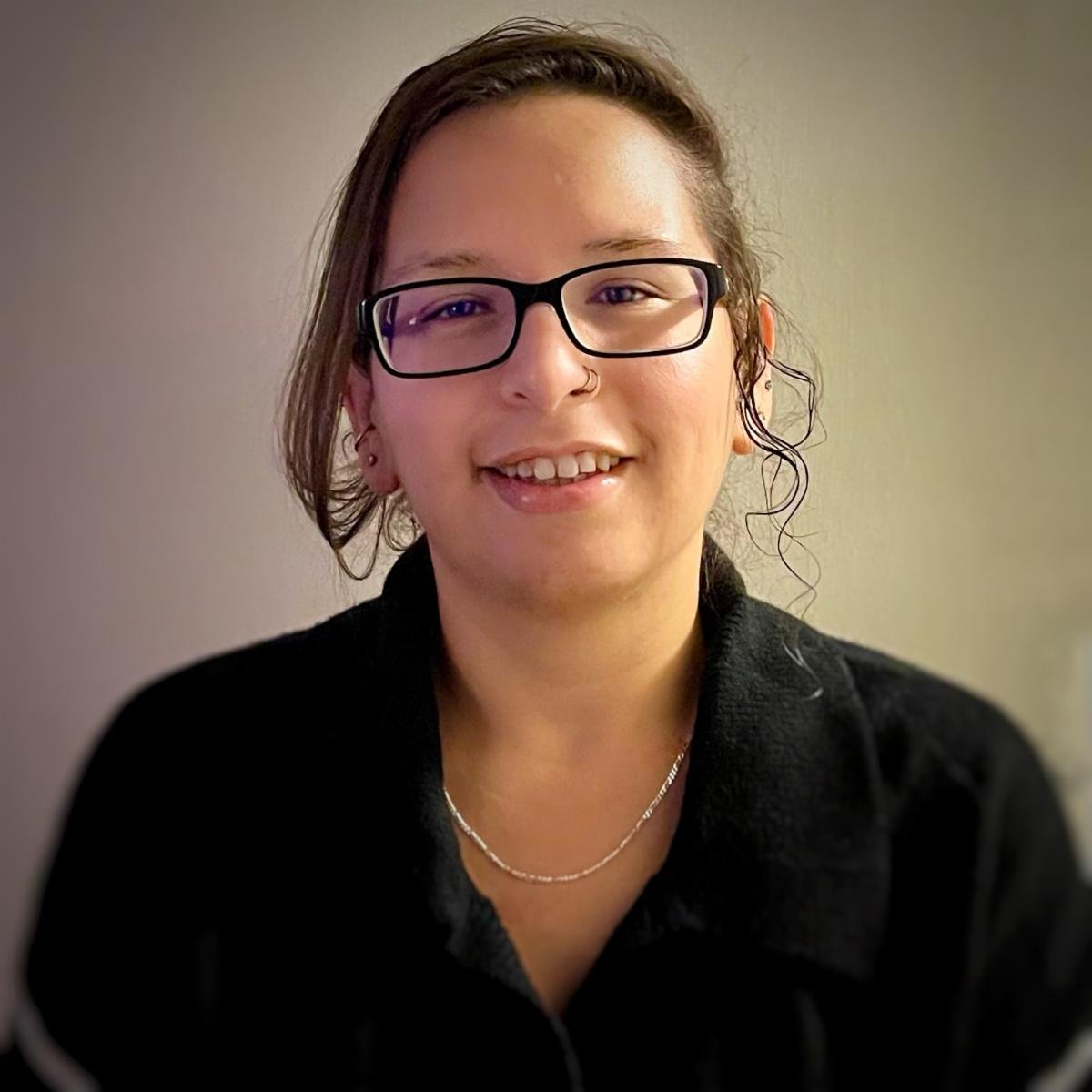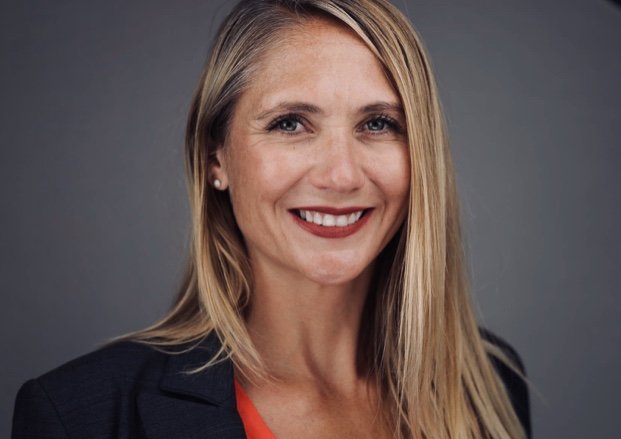For National Volunteer Week, we celebrate our over 400 volunteers who generously commit their time and energy to advocating for children and youth involved in the child welfare system. This week are highlighting just three of these amazing advocates.
Elaine Cannon
What caused you to get involved with CASA? Called to serve in an area I can understand, because I lived it.
What has been the most rewarding part of being a CASA? Showing up for them.
What’s your favorite way to connect with your CASA kids? Coming to their level, listen, respond with repeating what they say so they are heard.
Please share a special moment with us about your advocacy work with your CASA kids. I’ve loved watching them improve in the last year and telling them how proud I am.
Have you used a resource that you would like to share with other CASA volunteers? When teaching them to work on reading and letters, place words and letters through out the house and point at them daily.
What would you say to someone that is on the fence about becoming a CASA? Come on and change a child’s life...they will always remember you...because you cared and you showed up.
What would you say to other aspiring women who are considering becoming a CASA volunteer? Be intentional and show up because it matters. Remember: they will always remember you
Callie McAdams
What caused you to get involved with CASA? My degree is in Criminal Justice and I have always had a passion for social justice. In my current career, I do not use my degree but CASA allows me to make a difference in ways I never thought possible.
What has been the most rewarding part of being a CASA? Knowing that the small things do make a difference. Even just showing up for a child means the world to them because often times the people that matter are not showing up in a consistent way.
What’s your favorite way to connect with your CASA kids? I love learning about each child and finding ways for us to connect through their hobbies. On one of my cases, the child is really into makeup and cosmetology. We love talking about different beauty trends and on my next visit, I’m going to let her do my makeup!
Please share a special moment with us about your advocacy work with your CASA kids. Two years ago, one of my kids was really struggling to find his place. He is a very smart child and loves sports but was always discouraged when it came to his future. With the help of my specialist, we were able to connect him with a current NFL player/former TCU player during TCU’s Spring Game. He was able to go behind the scenes in the locker room, meet current TCU football players as well as watch the Spring Game from the sidelines. Often times, our youth who end up aging out of care don’t think of college as an option and go back to their families. I hope that the experience changed his life and showed him that he is more then his circumstances, and he can have a better life.
What would you say to someone that is on the fence about becoming a CASA? Be consistent! The traumas that these children face can be unimaginable and we need to be there during the darkest of times. They may not always appreciate what we are doing for them because it can be hard for them to see the bigger picture but our work matters. We have to be that consistent presence in their life no matter how hard the trauma is.
Pierre Conan
What caused you to get involved with CASA? I visited a friend in hospice care a few years ago and was struck by how at peace he was. This left a profound impression on me. As I reflected on my own life and wondered what can bring such a deep sense of fulfillment and satisfaction, I decided to look to meaningful service.
After volunteering with several other organizations over the years, I knew that helping kids would be the most meaningful and rewarding to me. I started with Big Brother Big Sister and quickly found out I wanted to do more. That’s when I decided to become a CASA.
What has been the most rewarding part of being a CASA? Recently my CASA kids were discharged and had to be separated and moved to different placements. I made sure to be present on the day of their move, hoping to ease the pain and the fear as much as I could. I explained things the best I could, and reassured them I would go with them to make sure everything was ok. We read stories and played. Even though it was a tough moment for them, I hoped that knowing they weren’t alone would make things a bit less scary and stressful for them. Feeling them leaning on me for comfort was the greatest reward.
What’s your favorite way to connect with your CASA kids? I love playing games with them. Throwing the football, or playing card games like “Taco Cat Goat Cheese Pizza” is a lot of fun.
Please share a special moment with us about your advocacy work with your CASA kids. I am doing things I never imagined, and the sum of them makes CASA very special to me. The moments that are most special to me are when my CASA kids reach out to me on their own. One of my CASA kids was temporarily placed in a shelter recently and she called me to ask that I come visit her. I immediately texted my Specialist Natalie (who is absolutely amazing) with “She called me!!! She called me!!!”. And of course, I went right away!
Have you used a resource that you would like to share with other CASA volunteers? My wife is a Helping Heart, a former science teacher and currently an instructional specialist in a large public school district. She, and our many educator friends have been a tremendous help with school related matters. Without her knowledge and our friends' to point me to the right documents, to ask the right questions, or to offer me the right advice, things would have been a lot more difficult than they already were. I encourage volunteers to reach out should they need help!!!
What would you say to someone that is on the fence about becoming a CASA? Think about the kids who could use someone like you to lean on. Think about the impact you could make, and lives you could change. They are too young to know what they deserve, but you are not. Be that person for them.

























